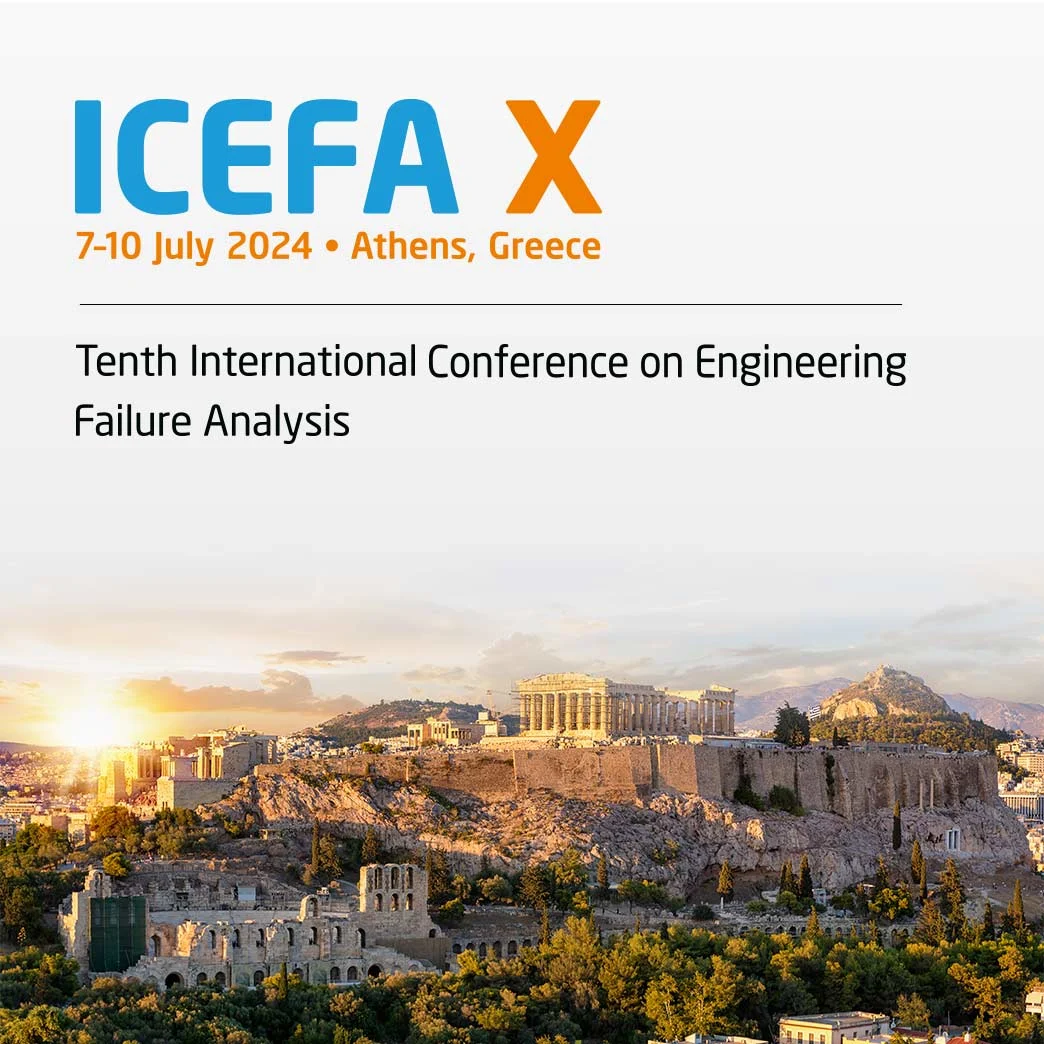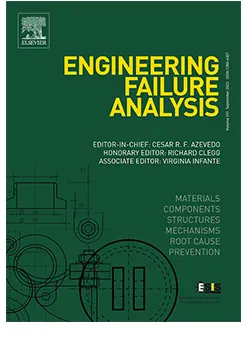Testimonials
The following quotes are from attendees that have visited previous ICEFA editions.
“I met interesting researchers and made many good professional contacts. Additionally, I watched a few very nice presentations. The keynote speakers were outstanding and the support team were very helpful”
“The presenters showed a high degree of knowledge, organization and clarity of their presentations”
“It was a really great conference - loved it”
“The conference linked theory with practice in the area of failure analysis”
“The quality of presentations was of a high standard”
“Useful to have the opportunity to grow and share in the field of Failure Analysis”
“Conference provided good international perspective and exposure to some very notable people in the FA community”
“Delegates enjoy the scope/area covered and publication opportunities”
“ICEFA constitutes a very good occasion for networking and receiving/exchanging valuable feedback”
“Opportunity to meet top researchers on the subject, and opportunity to participate in workshops to improve the knowledge on failure analysis”
“The conference was very well organized and a good place to extend networking”
“The organisation of excellent workshops and presentation of very interesting papers”
“Very appropriate for my line of work. Useful to have an international perspective on various aspects of FA”
“Very useful and professional conference”
“Many researchers are attending the conference from all of the world. It is easy to communicate to the researchers form different countries and provide the opportunities to collaborate with the researcher”
“Quality of the presentations and variety of attendees”




